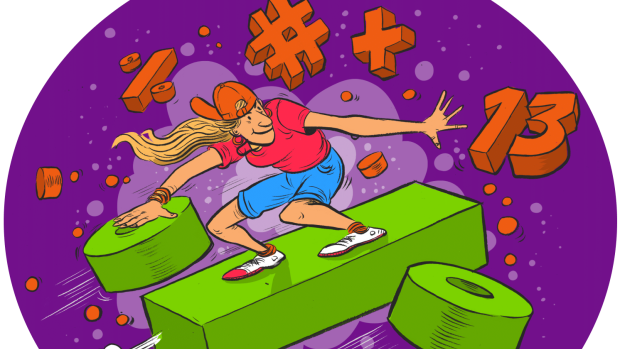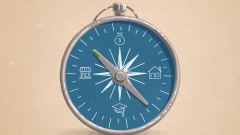Nov 25, 2020
MoneyTalk: Should my teenager file a tax-return?
Presented by:


EDITORS NOTE: “An earlier version of this article erroneously stated that this year’s tax deadline had been extended. That is not the case, tax filing deadlines remain April 30 for most individuals and June 15 for those who are self-employed.
If your teenager has a part-time job, you may wonder if they need to file a tax return. Even if it’s only pocket change, there are some compelling reasons to begin your lifelong relationship with the Canada Revenue Agency.
This is a great question. One that can seem simple at first given that all individuals who earn income in Canada, no matter their age, should file a tax return.
The good news is that your teenager with a part-time job will not likely pay any personal income tax. There is a basic amount of income that taxpayers can earn tax-free every year. For 2020, the federal personal amount was $13,229. Unless your teen earned more than that, their earnings should not be subject to tax. In fact, if their employer withheld any taxes, they may be eligible for a refund.
But beyond getting a cheque in the mail, your teen can get a head start on growing their Registered Retirement Savings Plan (RRSP) contribution room. This can be a good strategic move and quite useful down the road for tax efficiency. Each year they will be allocated a contribution amount equal to 18% of their income, as reported to the Canada Revenue Agency (CRA). Following a year or two of earning income under the basic personal amount, your teen may have earned two or three thousand dollars of contribution room. In the years ahead, when they begin to work full-time and earn more money, they can utilize this cumulative RRSP room to lower the amount of earned income they will pay taxes on when they are in a higher tax bracket. Put another way, when they do contribute to their RRSP they may get tax refunds in the future! Always a good thing.
Let’s keep that thought going: If they were to then invest their tax refunds back into their RRSP, that contribution would also be tax-deferred. This means that your teen’s contributions can grow within the RRSP account and they will not have to pay tax on them until funds are withdrawn, which can be at retirement or before. With consideration for the latter, if your child chooses to purchase a first home, they can borrow up to $35,000 from their RRSP using the Home Buyer’s Plan. Alternatively, the Lifelong Learning Plan would allow them to borrow from their RRSP to help pay for their education. Both programs would enable your child to borrow from their RRSP tax-free with the requirement that they recontribute according to the CRA’s repayment schedules.

COVID-19 Financial Relief
Where to find help
Where to find help
More recently, the COVID-19 pandemic has highlighted the importance of filing a return. Some government benefits, including some of the emergency financial measures currently on offer, are based on income previously reported to the CRA. At the very least, when your teenager turns 19, they may be eligible for the GST/HST credit (they will be enrolled automatically in the program based on their return from the previous year). Lastly, if applying for a loan or credit card, having a history of tax returns will help prove their income.
Tax preparation does not have to break a young person’s budget. There are a handful of ways to file for free that do not involve considerable fees or paperwork. The CRA keeps a list of free tax software that is certified to work with its “NETFILE“ program for electronic filing. Additionally, there are also helpful free tax clinics offered through the CRA that will assist Canadians with lower incomes and less complex structures.
Bigger picture, the rules, regulations, and procedures corresponding to income tax can be complex and challenging to understand for those new to the process. As a parent, taking the time to educate your teen about these points early on will help promote good financial habits and could produce a much more financially-savvy adult in time.
Blake Burns is from Calgary, AB, and entered into financial services 13 years ago. Blake regularly works with young people, and those new to Canada, helping to prepare them for the workplace. In his spare time, you will find him exploring the mountains on the back of a dirt bike, surfing, or engaged in some form of physical activity.








